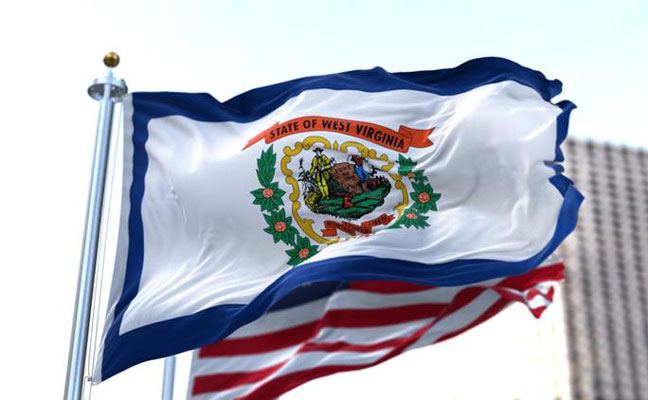
Photo: rarrarorro/iStock / Getty Images Plus/Getty Images
West Virginia law now allows people to commercially apply pesticides without a license — and without meeting the minimum federal requirements needed for the West Virginia Department of Agriculture (WVDA) to regulate pesticides.
Specifically, the law applies to “persons applying products that are generally available through retail sale at groceries, drug stores and other stores offering a broad variety of consumer products.”
Despite the efforts of the West Virginia Pest Management Association (WVPMA) and the National Pest Management Association (NPMA), the bill became law quickly. HB 4644 was introduced in the West Virginia legislature on Feb. 11, 2022, and was sponsored by Republican representatives Geoff Foster, who introduced the bill, and by Shannon Kimes and Brandon Steele. It passed in the House on Feb. 22, and in the Senate on March 10. On March 12, it was signed into law. The law took effect on June 8.
OPPOSING VIEWS
The WVPMA opposed the bill. It included its reasons in a letter it sent to West Virginia senators who would be voting on the bill, as well as Gov. Jim Justice, who could veto it if it passed. The letter stated reasons why HB 4644 should not be enacted, noting it would “empower unscrupulous operators,” as applicators would no longer be required to undergo training, regulation or licensing, or carry insurance.
Unregulated, unlicensed and untrained applicators using pesticides incorrectly would have “potentially lethal consequences” and “create a legal gray area,” the WVPMA’s letter added.
“Consumers who hire unqualified companies to inspect or treat their homes for termites face the possibility of hundreds of thousands of dollars in damage with no safety recourse if minimal insurance requirements are not required… If the people who perform pesticide applications aren’t properly trained, the risks to humans, non-target animals and the environment are increased.”
In addition, the NPMA created a Voter Voice to further persuade senators to vote against HB 4644.
“Anyone who regulates pesticides, or is a user of pesticides, can quickly understand why this law is so problematic,” Ashley Amidon, CAE, VP of public policy for the NPMA, tells Pest Management Professional (PMP). “The WVPMA and the NPMA were all-hands-on-deck on this issue for weeks.”
The WVDA weighed in as well. At press time in late June, a document posted on its website, Agriculture.wv.gov, states, “We still believe there is value in hiring licensed pesticide application businesses employing certified pesticide applicators” and “We recommend the public contact licensed businesses for services.”
The posted document goes on to say, “Licensing requirements and continuing education ensure that an individual has proper knowledge of pesticide application” and “We will continue to encourage our current licensed companies and individuals to maintain licensing.”
The WVDA says it will “continue to uphold the federally mandated certification and licensing program.” The post includes a link to licensed applicators and businesses.
BLOCKING FUTURE BILLS
When one state passes a law, other states often take note and do the same. This has occurred with bills related to neonicotinoid bans and landlord-tenant bed bug control.
“I have not heard any rumblings from any states specifically saying, ‘Look at what West Virginia did; we should do that, too,’” Amidon tells PMP. “But when a bill like this passes, we watch other states very closely to make sure that if a bill does pop up, we can talk to policymakers about the concerns we have.”
To help curtail the passage of similar bills in other states, pest management professionals are encouraged to contact the NPMA or their state and local pest management associations if the deregulation topic comes up when speaking with legislators.
The post West Virginia law impacts professional pest control appeared first on Pest Management Professional.
from Pest Management Professional https://www.mypmp.net/2022/07/06/west-virginia-law-impacts-professional-pest-control/
Sacramento CA
No comments:
Post a Comment